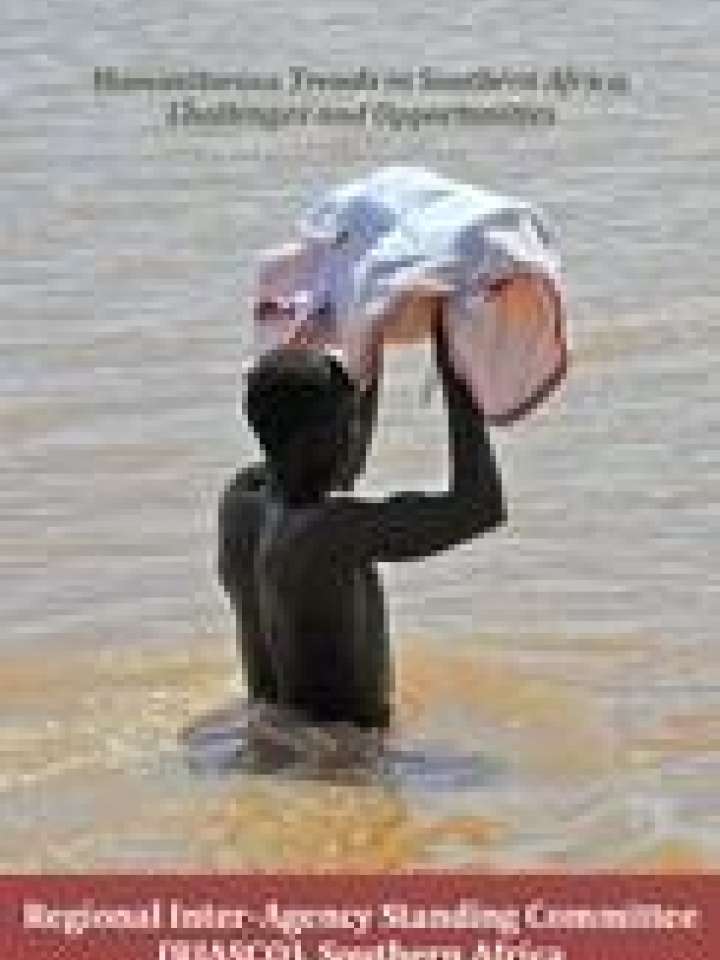Humanitarian trends in Southern Africa: challenges and opportunities
This groundbreaking study looks into the threats likely to confront southern African communities over the next decade. It identifies regional and global factors, including disaster risk reduction, that may impact the lives and livelihoods of southern Africans and, as importantly, the available capacities to address these challenges. It sees the paradigm shift between response to crises and their underlying structural causes in efforts to strengthen disaster risk reduction, address the vulnerability of communities and build resilience by linking humanitarian action to a wider developmental context. It argues that ensuring that mitigation, preparedness, humanitarian response and development are integrated not only builds sustainability but also better prepares us for the next disaster.
This research was prompted by a growing consensus that ‘the nature of humanitarian emergencies is changing’, with future emergencies increasingly driven over time by ‘a combination of complex and inter-related circumstances’, rather than single, identifiable shocks. Such observations resonate closely with those of humanitarian actors within southern Africa who, in recent years, have been confronted with new challenges. These include the effects of climate variability, characterized by sudden-onset weather events along with prolonged dry spells. They also include food and energy price volatility that contributed to social violence and sudden displacement, as well as regional cholera and measles outbreaks, which claimed thousands of lives, especially among children in urban areas.
Explore further
